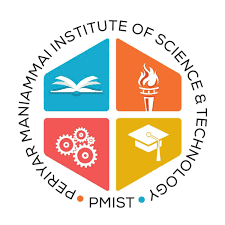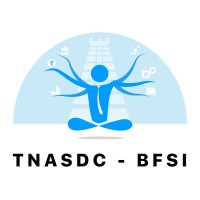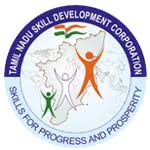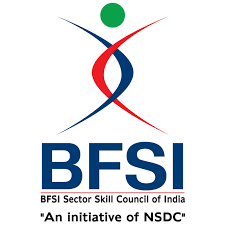
Impact Assessment is commonly conducted for projects funded by CSR departments and foundations. Many CSR teams and foundations, aiming to evaluate the community impact of their initiatives, either engage an external agency or carry out the assessment internally. Since 2021, India’s CSR law mandates Impact Assessments for CSR projects.
Asgardia, a leading CSR consulting firm, is dedicated to helping companies in India embrace impactful CSR initiatives. We support corporations by providing essential resources and developing strategies that foster sustainable community development. With extensive experience in CSR Impact Assessment, having collaborated with over 100 corporate clients, we bring a high level of expertise. Asgardia also aids in scaling CSR programs and replicating successful strategies across diverse regions. Our baseline studies have enabled numerous corporations and conglomerates to launch effective projects, and we conduct CSR Impact Assessments upon project completion to ensure meaningful outcomes.
As CSR laws evolve, the intent is shifting towards making a real & sustainable change in the community. It is advisable to plan and evaluate project performance goals and evaluation parameters in CSR projects. Our CSR impact study is an independent assessment of these goals by our experts.
When an NGO undergoes an impact assessment for a project sponsored by the CSR department, our approach also focuses on general NGO competency evaluation and the impact being made by the NGO efforts at a high level.
The impact assessment findings per CSR project help the CSR committee intervene in a timely manner for course correction and evaluate whether they would like to continue to invest in the projects on the NGO. Our IA also focuses on evaluation on replicability, scalability, and sustainability of the projects.
Our approach to CSR Impact Assessment is grounded in the OECD framework and our specialized expertise. After being engaged by a CSR department, we begin by reviewing the available project documentation and connecting with the associated NGOs. Following in-depth discussions with the NGOs, we develop a tailored assessment strategy, incorporating beneficiary interviews, focus group discussions, and stakeholder interviews. The data gathered through these interactions is then compiled, validated, and analyzed to measure the impact achieved by the CSR project.
There is a growing importance for companies today to accomplish CSR goals as a way to give back to society. And it has become critical as well as mandatory in India for companies to prioritize social responsibility. A Corporate Social Responsibility Impact Assessment is needed to evaluate the social impact of a CSR project. With the CSR Impact Assessment report, a company can measure the impact quantitatively to benefit society at large. It also provides a holistic insight into the development of the community
CSR Impact Assessment is the structured evaluation of a company’s initiatives, focusing on their social, economic, and environmental impacts. This process involves assessing the effects of these activities on various stakeholders, such as employees, customers, communities, and the environment. Conducting these assessments allows companies to gain valuable insights into their overall social responsibility performance and measure the extent of their positive or negative influence.
Quantitative Methods:
Quantitative methods in CSR emphasize measuring tangible outcomes and impacts through statistical analysis and numerical data. Common quantitative methods include:
Qualitative Methods:
Qualitative methods in CSR focus on capturing intangible elements such as stakeholder perceptions, community engagement, and social impact, providing deeper insight into societal outcomes. Common qualitative methods include:
Stakeholder Engagement
Qualitative methods in CSR seek to understand intangible elements such as stakeholder perceptions, community engagement, and social impact, providing valuable insights into societal outcomes.
Materiality Assessment
A materiality assessment enables organizations to identify CSR issues that are most relevant and significant to their industry, operations, and stakeholders. By focusing on these material issues, the assessment delivers meaningful and actionable insights.
Long-Term Perspective
CSR Impact Assessment should adopt a long-term perspective to evaluate the sustained impact of initiatives over time, as short-term gains may not fully capture the true value and enduring benefits of CSR efforts.
Continuous Improvement
CSR Impact Assessment should be an ongoing process rather than a one-time exercise, enabling continuous improvement and adaptation to evolving social and environmental challenges.



















